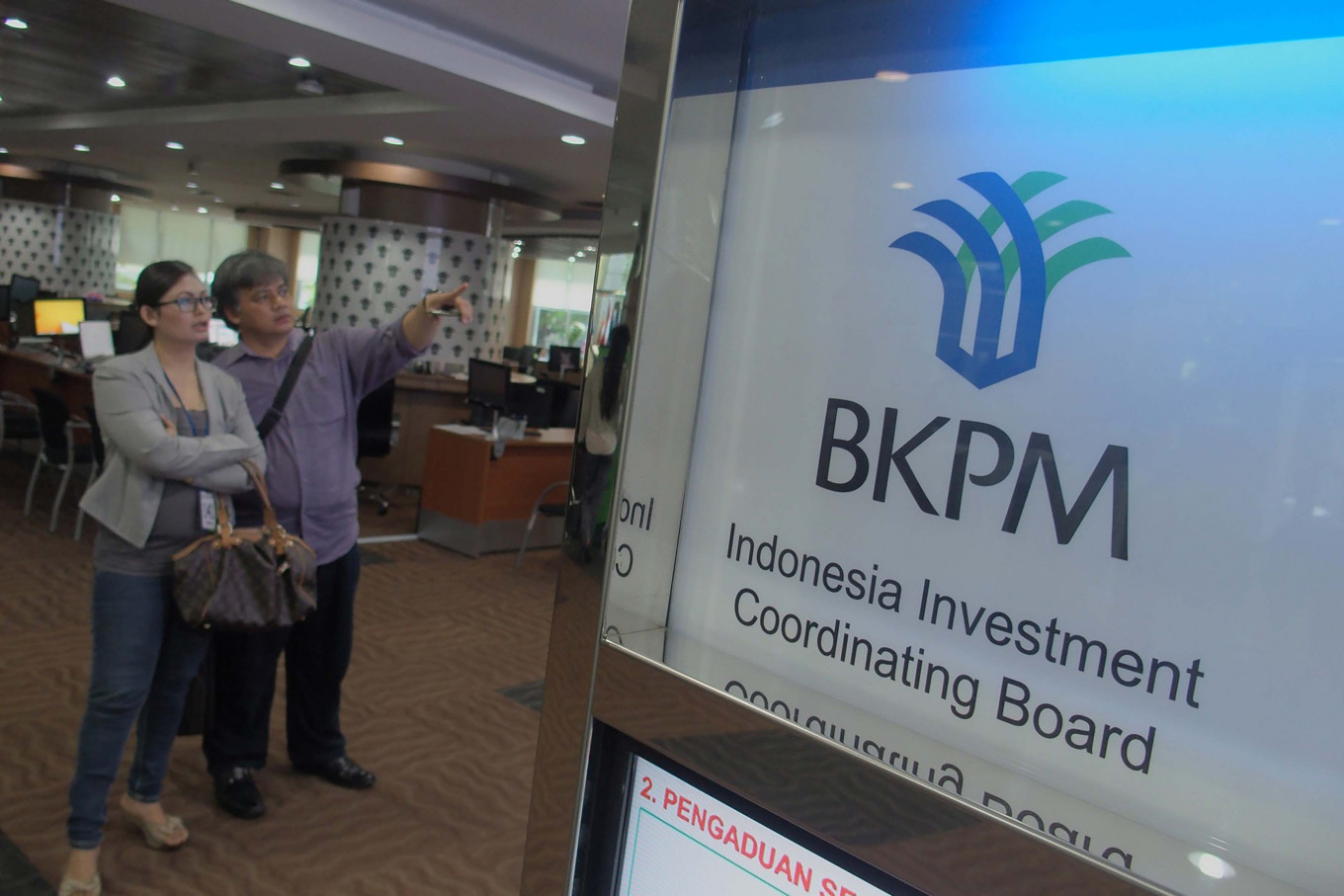
Food industry can weather global economic shock: BKPM
by Eisya EloksariThe food industry is considered stable enough to weather the global economic shock, backed by strong domestic investment, the Investment Coordinating Board (BKPM) says.
The industry recorded the highest investment realization figure in the secondary sector compared to other industries in the past five years, until as recent as the first quarter of 2020, totaling Rp 293.2 trillion, BKPM data show. The figure is higher than the base metals industry and the chemical and pharmaceutical industry.
Domestic investment dominates the industry, with Rp 7.3 trillion (US$494.6 million) from January to March this year, compared to $298 million in foreign direct investment (FDI) in the same period.
“Compared to the two other sectors, only the food industry records higher domestic investment than foreign investment. We are sure that this industry will be quite stable from the shocks of the world economy,” the agency’s deputy director for investment climate development Farah Indriani said in a statement on Tuesday.
However, domestic direct investment (DDI) in the food industry for the first quarter this year still shows an 18 percent decline from the same period last year at Rp 8.9 trillion, while FDI also fell 20.6 percent as the global economy begun to be impacted by the COVID-19 pandemic.
BKPM data also show that since the first quarter of 2015 to date, investment in manufacturing has reached Rp 1.3 quadrillion.
"These figures show that the Indonesian domestic market is an investment magnet, especially the food and beverage industry,” Sarah said.
She said Indonesia also had the potential to be a manufacturing hub in the ASEAN region as it has a strategic geographic location and a big domestic market.
Investment realization for the food industry in the past five years has grown 3 percent per annum and remains in the top rank of total investment realization in the secondary sector.
Meanwhile, investment in the base metals industry over the same period has an average growth of 11 percent per year.
“Investment growth in the basic metals industry also signals that industrial development in the country is proceeding rapidly as both domestic and foreign investors continue to invest in Indonesia,” Farah said.
In the first three months this year, Indonesia’s total investment figure grew 8 percent year-on-year (yoy) to Rp 210.7 trillion. The figure represents 23.8 percent of the agency’s 2020 investment target of Rp 886 trillion.
The agency’s head Bahlil Lahadalia said earlier in May that the BKPM did not rule out the option of revising the target down if the pandemic dragged on to July. (eyc)
If you want to help in the fight against COVID-19, we have compiled an up-to-date list of community initiatives designed to aid medical workers and low-income people in this article. Link: [UPDATED] Anti-COVID-19 initiatives: Helping Indonesia fight the outbreak